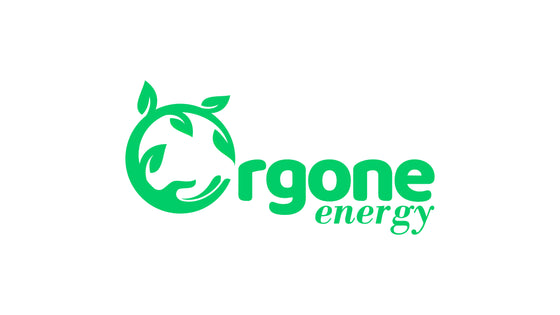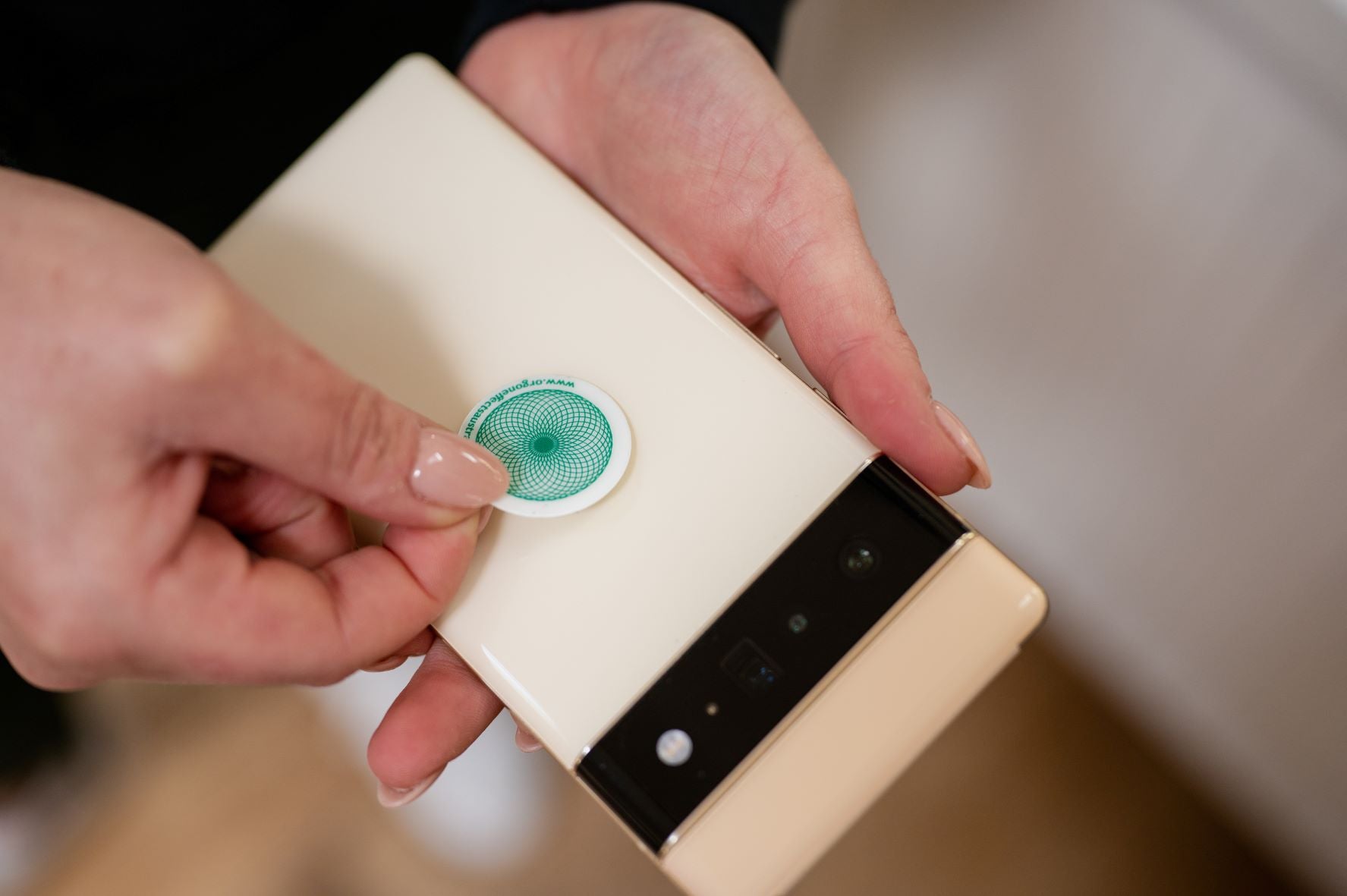You may have wondered, do tongue scrapers really work?
Like millions of others, you have probably realized that the answer is an emphatic YES. Ancient holistic health practices are gaining popularity. One reason for this is that medical research can now verify older healing practices such as the tongue brush or tongue scraper.

Cleaning or scraping the tongue is an important aspect of any Ayurvedic lifestyle. Using a tongue scraper can help improve your overall well-being and health. But that might leave us with another question: which tongue scraper is better, a copper tongue scraper or a stainless steel tongue scraper?
Let’s find out how best to add this tool to your dental care routine.
What is a Tongue Scraper?
A tongue scraper is a U-shaped tool used to get rid of debris and harmful bacteria and to clean the surface of the tongue. It is a complementary practice to flossing, brushing, and mouthwash.
Toxins that build-up due to low metabolism or digestive issues also appear on the surface of the tongue. If not eliminated, they will be reintroduced into the system and can lead to disease and weak immunity.
Why are Tongue Scrapers Useful?
First, as a quick refresher, let’s look at some benefits of using a tongue scraper:
- Gently stimulates the internal organs. Since the tongue is connected to various organs in the body, scraping also smoothly activates related organs.
- Enhance your sense of taste. If you don’t clean your tongue regularly, bacteria, dead skin cells, as well as other particles can cover it. This can cloud your taste buds, making it difficult to taste food and drink. Recent research suggests that using a tongue scraper twice a day can enhance your sense of taste. Your tongue will better distinguish between sweet, bitter, salty, and sour sensations.
- Purification of bacteria and toxins. The immune system is weakened by constantly fighting foreign bodies or harmful bacteria, with a gradual and constant build-up of toxins. The tongue is the body’s first line of defense. Scraping helps the proper functioning of this immune system.
- Minimize bad breath. While we sleep at night, bacteria build up in the mouth as saliva production is reduced, leading to bad breath. Although tongue scraping cannot replace brushing your teeth, scraping can improve some things. Researchers found in a 2004 study that scraping was more effective than tooth brushing at eliminating odor-causing bacteria.
- Promotes good digestion. Digestion of food begins in the mouth. The enzymes in the saliva break down food so it can be more easily digested by the gut. When the taste buds become blocked due to the accumulation of mucus in the tongue, the messaging function of their receptors, which are relayed to the brain to activate the enzymes necessary to digest food, is impaired.
- Improve your Tongue’s Appearance. Healthy tongues are typically dark red or pink. If you have a white coating on your tongue, you are seeing a large accumulation of dead cells and bacteria. When you use a tongue scraper, it removes this debris and restores a healthy color to your tongue.
- Improve overall health. Eliminating bacteria is key to preventing gum disease, tooth decay, and other conditions affecting the mouth. Tongue cleaning can help remove these bacteria from your mouth and improve the overall sensation of your tongue.
No wonder the ancient Ayurvedic practice has been revived lately. Civilizations from South America, Arabia, India, Europe, and Africa have all historically participated in tongue scraping. A variety of materials have been used over the years: wood, plastic, a variety of metals, and even tortoiseshell and whalebone. For obvious reasons, some people continue to use animal shells and bones as tongue scrapers, so let’s delve into two (2) of the most commonly used materials: copper and stainless steel.
Which Metal is Best for Tongue Scrapers?
Before looking at the merits and demerits of stainless steel and copper tongue scrapers, it is important to answer a common question:
Are Metal Tongue Scrapers Safe?
Yes, they are not only safe, but according to a 2011 study, metal tongue scrapers not only eliminated bacteria such as Staphylococcus aureus, Streptococcus mutans, and Candida albicans, they were also superior because they were less prone to adhesion of bacteria, which means they do not linger on the scraper as it could recontaminate the mouth.
This answers the metal vs. plastic tongue scraper debate! Metal tongue scrapers are not only more effective, but they also outperform plastic tongue scrapers, which require more frequent replacement, are susceptible to breakage, and can get visibly dirty. Beyond that, they are also more eco-friendly!
Is it Better to Use Copper or Stainless Steel Tongue Scraper?
Choosing the best tongue scraper is important if you want to get the most out of this important self-care oral ritual.
Copper Tongue Scraper
If you are searching for an Ayurvedic tongue scraper that adheres to the doctrine of orthodox Indian medicine, a copper tongue scraper is the most authentic. Although this may not be a major consideration for you, many people choose copper for its natural antimicrobial properties.
Copper provides vital enzymes that support the survival of good bacteria as well as other important microbes in the mouth, making it the ultimate material.
Ayurveda practitioners have for millennia known this and modern science has only recently confirmed it. Copper Tongue Scrapers can last for many years with proper care. The most important thing is to make sure it dries completely after every use. However, some people have reported tarnishing after only a few months, despite following care instructions.
Stainless Steel Tongue Scraper
There are far more options when looking for a stainless steel tongue scraper. Although these units are made from surgical-grade stainless steel, they are not made from an inherently antibacterial metal.

However, stainless steel tongue scrapers are usually less expensive and do not tarnish like copper ones. With proper care, the durable material can be used indefinitely, and when made from medical-grade metal, there are no health or safety concerns.
Should I Use a Copper or Stainless Steel Tongue Scraper?
Choosing between a copper vs stainless steel tongue scraper usually comes down to your budget and personal preference.
Stainless steel cleaners are less expensive, but they are not inherently antibacterial. (Copper is the only metal that is naturally antibacterial.)
Why are Copper Tongue Scrapers Better?
While a steel, silver, or gold tongue scraper would be amazing, new research into the health benefits of copper makes a copper tongue scraper difficult to beat. For centuries, copper has been used as a bacteria-resistant metal, and new studies confirm these ancient practices.

Copper is perhaps the best metal for tongue scraping because your mouth is full of both good and bad bacteria. Not only does copper appear to be toxic to bad bacteria, but it also provides important enzymes necessary for healthy microbes to survive in the mouth.
In one study, the antiseptic benefits of copper were so great that when copper was placed as furniture in hospital rooms, bacterial counts on all surfaces in the room were considerably reduced. Some hospitals are now incorporating copper furniture as part of their antibacterial strategies.
Oral Hygiene and More!
A copper tongue scraper not only provides great oral hygiene benefits when scraping your tongue, but it also resists bacteria buildup when not in use – long-lasting results! Silver would be the second choice for tongue scrapers due to its beneficial properties, although stainless steel is more than adequate for the task.
Can I Just Clean my Tongue With a Toothbrush?
Toothbrushes are great for scrubbing your tooth enamel, but not your tongue. This means they are less effective than tongue scrapers at eliminating VSCs (volatile sulfur compounds) that contribute to bad breath.
A 2004 study found that a tongue scraper was 67 percent more effective at eliminating VSCs.
Furthermore, thick brush heads can easily trigger the gag reflex when trying to clean the back of your tongue. They are not just designed for use in that part of the mouth. So if you are in a hurry and do not have a tongue scraper within reach, a toothbrush is an ideal substitute, but a spoon may even be better until you have a tongue scraper in your medicine cabinet!
How to Maintain a Tongue Scraper?
For pure copper tongue scrapers, rinse out the cleaner with warm water. Then mix a solution of equal parts lemon and baking soda in a shallow bowl. When the solution stops bubbling, rub the paste into the copper scraper with a rag. After 20 minutes, rinse the tongue scraper with warm water, dry with a clean towel, and store in a dry place. Remember to wash after each use!







